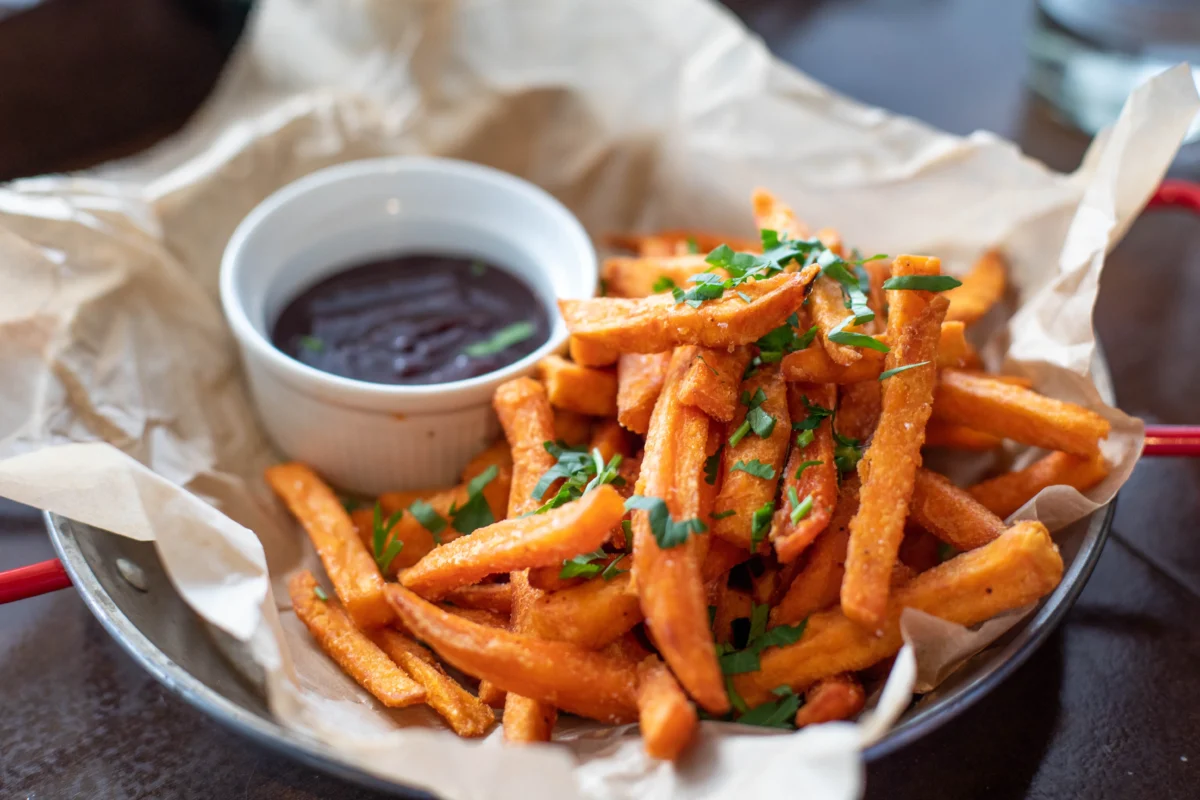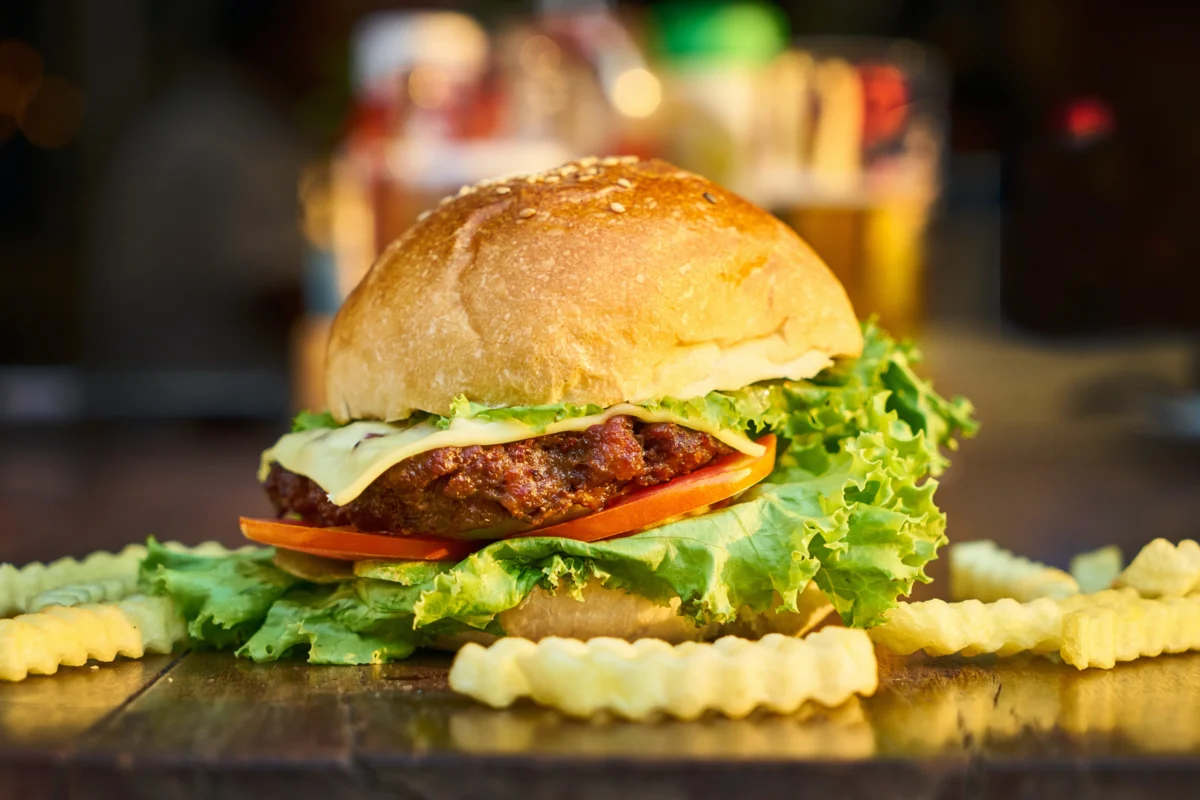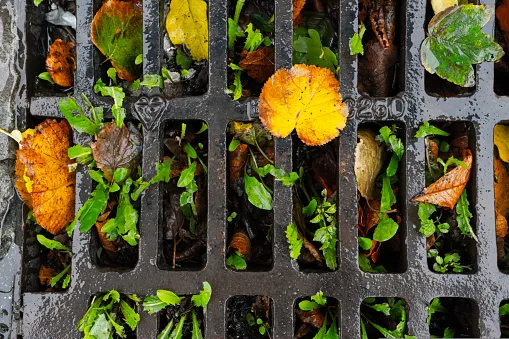Grilling enthusiasts often find themselves faced with the dilemma of whether or not it is safe to cook on rusty grill grates. The sight of rust on a grill can be concerning, as rust is generally seen as undesirable and potentially harmful. However, it is essential to distinguish between a mildly rusty grate and one that has been severely corroded, as the level of risk may vary.

Experts have differing opinions on the safety of grilling on rusty grates, with some indicating that grilling on a mildly rusty surface occasionally doesn’t pose a significant health risk. Rust, which is made of iron oxide, can be harmful if ingested in large quantities. Nevertheless, the possible impact on the taste of the food should also be taken into consideration, as rust can negatively alter the flavor of your grilled dishes.
To ensure a safe and enjoyable grilling experience, it is wise to maintain your grill grates and keep them clean as much as possible. Regular maintenance can help prevent the formation of rust and potential exposure to harmful substances during meal preparation. In the following article, we will explore the various aspects of cooking on rusty grill grates and discuss practical measures to maintain the cleanliness and longevity of your grill.
Is It OK to Grill on Rusted Grates?
Health Risks
Grilling on rusted grates might be safe in most cases, but it could potentially be dangerous if the grates are left uncleaned for an extended period. Rust is a flaky material that develops on iron or steel surfaces, such as grates and the inside of the grill.
Iron Poisoning
Consuming food cooked on rusted grates is generally safe as long as you do not have any health issues that restrict the intake of iron. Ingesting a small amount of rust does not usually cause iron poisoning, as it merely adds some iron to your diet. However, it is crucial to clean the grates to maintain safety and taste.
| Condition | Prevention |
|---|---|
| Iron Overdose | Clean rusty grates |
| Food contaminated by rust | Regular maintenance |
Toxicity
There is no significant evidence linking the consumption of food cooked on rusted grates to toxicity. Nevertheless, cleaning and maintaining the grates is essential for optimum health and safety.
Taste
The presence of rust on grill grates can affect the taste of the food cooked on them. Rust particles may stick to the food, altering its flavor, so it’s best to clean the grates before use to maintain the taste and quality of your grilled dishes.
Safety Concerns
- Prevention: Preventing rust from forming is the best way to ensure safety when using your grill. Season your grates by coating them with oil and heating them up for a few minutes to create a non-stick surface.
- Cleaning: Use a brush or steel wool to remove any existing rust from the grates. Light rust can be removed with a brush, while more severe rust may require steel wool.
- Maintenance: Regularly inspect and clean your grill grates to avoid safety concerns and ensure the longevity of your grill.
In conclusion, grilling on rusted grates is safe in most circumstances, but it’s important to clean and maintain them regularly to prevent health risks, iron poisoning, toxicity concerns, and potential effects on taste.
Effect of Rust on Different Grill Grates
Cast Iron
Cast iron grates are known for their excellent heat retention and even cooking. However, they are prone to rust if not maintained properly. To prevent rust, it is important to season the grates regularly and store them in a dry environment. Should rust form on cast iron grates, it can be removed with a wire brush and the grate can be reseasoned.
Steel
Steel grates are a common choice for grill enthusiasts due to their affordability and durability. However, they are also susceptible to rust. If rust forms on steel grates, it is crucial to remove it before grilling. This can be done by scrubbing with a wire brush or using a rust removal solution. Once the rust is removed, it is vital to season the grates to protect them against future rust formation.
Stainless Steel
Stainless steel grates are popular for their corrosion-resistant properties, making them less likely to rust compared to cast iron and steel grates. However, they may still develop rust if not cleaned and maintained properly. If you spot rust on stainless steel grates, use a non-abrasive cleaner and a soft sponge to remove the rust.
Porcelain-Coated Grates
Porcelain-coated grates are coated with a layer of porcelain, which provides a non-stick surface and protection against rust. However, if the porcelain coating is damaged or chipped, the underlying metal, usually cast iron or steel, can be exposed and develop rust. To avoid rust, avoid using metal utensils on the grates and clean them gently with a non-abrasive brush or sponge.
Aluminum
Aluminum grates are resistant to rust, thanks to the protective oxide layer that forms on the surface of the metal. However, aluminum grates may develop pitting if exposed to salty or acidic foods. To maintain the lifespan of aluminum grates, clean them regularly and avoid storing them in highly humid environments.
Dealing with Rust Accidentally Ingested
Recommended Intake of Iron
Ingesting minor amounts of rust is generally considered safe since rust is iron oxide, and our body requires iron. However, it is crucial to understand the recommended daily intake of iron:
- For adult men: 8 mg per day
- For adult women (aged 19-50): 18 mg per day
- For adult women (aged 51 and older): 8 mg per day
Iron Toxicity
While rust is not an intentional source of iron, accidentally ingesting a small amount of it may not cause significant harm. However, consuming large quantities of rust can lead to iron toxicity or iron poisoning. Symptoms of iron toxicity include:
- Fatigue or weakness
- Joint or abdominal pain
- Weight loss
- Loss of appetite
- Darkened skin
Illness
Consistent consumption or exposure to rust in a short period, especially while grilling on rusted grates, can lead to gastrointestinal and allergic issues. Some potential health problems related to rust ingestion are:
- Nausea
- Vomiting
- Diarrhea
- Allergic reactions in some individuals
To prevent these issues, it’s important to clean rusted grates before using them for grilling and maintain the grill’s cleanliness to avoid rust formation. Regular maintenance and proper cleaning techniques can keep your grill grates safe and extend their lifespan, reducing health risks related to rust ingestion.
Cleaning and Removing Rust from Grill Grates
Wire Brush
A wire brush is an effective tool for removing surface rust from your grill grates. Start by removing the grates from your grill and laying them on a hard surface, such as your driveway. Scrape the wire brush forcefully against the rusted areas on both sides, and then wipe the grates down with a clean cloth to remove remaining debris.
Baking Soda and Vinegar
Baking soda and vinegar can be used to loosen rust on grill grates. Start by spraying or wiping vinegar onto the rusty grates, then sprinkle with baking soda. The fizzing reaction will help release the rust. For stubborn areas, vinegar can be reapplied and scrubbed with aluminum foil before rinsing off with water.

White Vinegar
« What to Do with Leftover Barbecue Chicken: Quick and Tasty Ideas
Does Barbecue Sauce Have Sugar? Uncovering the Truth »
For heavy rust, grates can be soaked overnight in white vinegar. Start by mixing 1 cup (240 mL) of table salt with 2 cups (470 mL) of white vinegar in a bowl. Submerge the grill grates in the solution and allow them to soak overnight. In the morning, remove the grates from the solution, scrub with a brush if necessary, and rinse thoroughly with clean water.
Soap and Water
Another method to clean rusted grill grates is by using soap and water. Scrape off as much rust as possible using a scraper, then scrub the grates with warm soapy water and a brush. Rinse the grates thoroughly with clean water and dry them completely before using the grill again.
Commercial Rust Removers
Finally, commercial rust removers are available for cleaning grill grates in more severe cases of rusting. Follow the instructions provided with the rust remover, and ensure you rinse the grates thoroughly with clean water after using the product. Always wear gloves and take safety precautions when using chemicals to clean your grill grates.
Preventing Rust on Grill Grates
Seasoning Cast Iron Grates
Preventing rust on your grill grates, especially cast iron ones, starts with proper seasoning. Seasoning creates a protective layer on the surface of your cast iron grates that repels moisture and prevents rust. To season cast iron grates:
- Clean the grates thoroughly to remove any dirt or debris.
- Apply a thin layer of vegetable oil to all surfaces of the grates using a cloth or paper towel.
- Preheat your grill to medium-high heat and place the oiled grates inside.
- Keep the grates in the grill for about 30 to 60 minutes, then let them cool down completely.
Remember to reapply vegetable oil to your grates periodically to maintain their protective coating.
Cleaning Regularly
Regular cleaning is essential for proper grill maintenance and preventing rust:
- Use a grill brush to remove excess food particles and debris after each use.
- Clean your grates with a mixture of vinegar and table salt to remove stubborn rust. Follow these steps:
- Mix 1 cup (240 mL) of table salt and 2 cups (470 mL) of white vinegar in a bowl.
- Rub the mixture on the rusted areas of your grates.
- Let the mixture sit for a few minutes, then scrub the grates with a grill brush or an old cloth.
- Rinse the grates with clean water.
Drying the Grates
Properly drying your grill grates is a simple yet crucial step in preventing rust:
- After cleaning your grates, use a clean cloth or towel to wipe them dry thoroughly.
- Ensure that no moisture is left on the grates before placing them back in the grill.
- If possible, store your grill in a dry area like a garage to protect it from moisture from rain or snow.
By following these practices for seasoning, cleaning, and drying your grill grates, you can effectively prevent rust and prolong the life of your grilling equipment.
Protection and Storage of Grill
Grill maintenance is essential for ensuring its longevity and the quality of the food cooked on it. One aspect of grill maintenance is protecting and storing the grill properly when not in use. This helps prevent rust and other damages, ensuring a safe and enjoyable grilling experience.
Grill Cover
A grill cover is an essential accessory for protecting your grill from various elements such as moisture, dust, and direct sunlight. Here are a few tips for using a grill cover effectively:

- Choose a cover that fits your grill model and size perfectly to avoid any gaps or exposure to the elements.
- Select a durable, high-quality material that can resist tears and withstand harsh weather conditions.
- Ensure that the cover is secured around the grill, especially during windy days to prevent it from being blown away.
- Remove the cover regularly to check for any signs of moisture buildup, rust, or mildew beneath it.
Moisture Control
Excess moisture is one of the leading causes of rust on grill grates. Controlling and reducing moisture in your backyard or wherever you store the grill is crucial for preventing rust. Here are a few steps you can take to control moisture:
- Store the grill in a dry, shaded area to protect it from rain and direct sunlight, which can cause temperature fluctuations and moisture buildup.
- Ensure proper ventilation and airflow around the grill, as it helps evaporate any moisture present.
- If possible, store the grill indoors or in a well-ventilated shed to reduce exposure to moisture and humidity.
- Use a moisture-absorbing product or a desiccant in the storage area to help regulate humidity levels.
Taking care of your grill by protecting it with a cover and controlling moisture will help prevent rusted grates and provide a safe and pleasant grilling experience each time you use it.
Safety Tips for Grilling on Rusted Grates
Although grilling on rusted grates is not ideal, it’s usually safe if the rust is mild and some precautions are taken. Here are some safety tips to follow when grilling on rusted grates:
Wiping down the Grates with Oil
One effective way to minimize the impact of rust on your food is by wiping down the grates with cooking oil before using them. This can create a barrier between your food and the rust, ultimately improving the quality and safety of your grilled dishes. Here’s how to do it:
- Preheat your grill to around 400°F (204°C) for 15 minutes.
- Using a pair of tongs, dip a cloth or a paper towel into cooking oil.
- Gently rub the oiled cloth along the grates to evenly apply a thin layer of oil.
Removing Loose Rust
Before using rusted grates, it’s crucial to remove any loose rust. If not removed, these rust particles could potentially stick to your food. Here are some methods to remove loose rust from your grill grates:
- Wire brush: Scrub your grates with a wire brush to loosen and remove rust. After brushing, wipe down the grates with a damp cloth to remove any remaining particles.
- Baking soda and water: Create a paste from baking soda and water, apply it to the grates, and let it sit for 20-30 minutes. Then, scrub the grates with a wire brush and rinse with water.
- White vinegar: Mix equal parts white vinegar and water in a spray bottle. Spray the solution onto the grates, let it sit for about 30 minutes, and then scrub with a wire brush.
Inspecting Grates before Each Use
The safety and taste of your grilled food significantly depend on the condition of your grates. It’s essential to inspect your grates before each use and address any rust or residue issues. Here’s a checklist for inspecting your grates:
- Check for rust, discoloration, or excessive buildup from previous use
- Inspect the tightness of the grate’s welds and joints to ensure stability
- Remove any debris, dirt, or grease from the grates
- Perform the cleaning and maintenance steps mentioned above, as needed
By following these safety tips and regularly maintaining your grill, you can enjoy delicious and safe grilled food even with rusted grates.
Conclusion
In summary, grilling on rusty grates is not advisable due to several reasons. While it may not pose a significant health risk, rust can negatively affect the taste of the food cooked on the grill. Moreover, rust can potentially release toxins into the food and cause gastrointestinal issues or allergic reactions.
To ensure a safe and enjoyable grilling experience, it is important to clean and restore the grates before cooking. There are a variety of methods available for cleaning rusty grates, which can be tailored to the level of rust and the amount of time you have.
Proper grill maintenance, including regular cleaning and protection from the elements, will help you avoid future problems and keep your grates rust-free. By following these guidelines, you can enjoy delicious grilled food and ensure that your grill remains in good condition for years to come.














